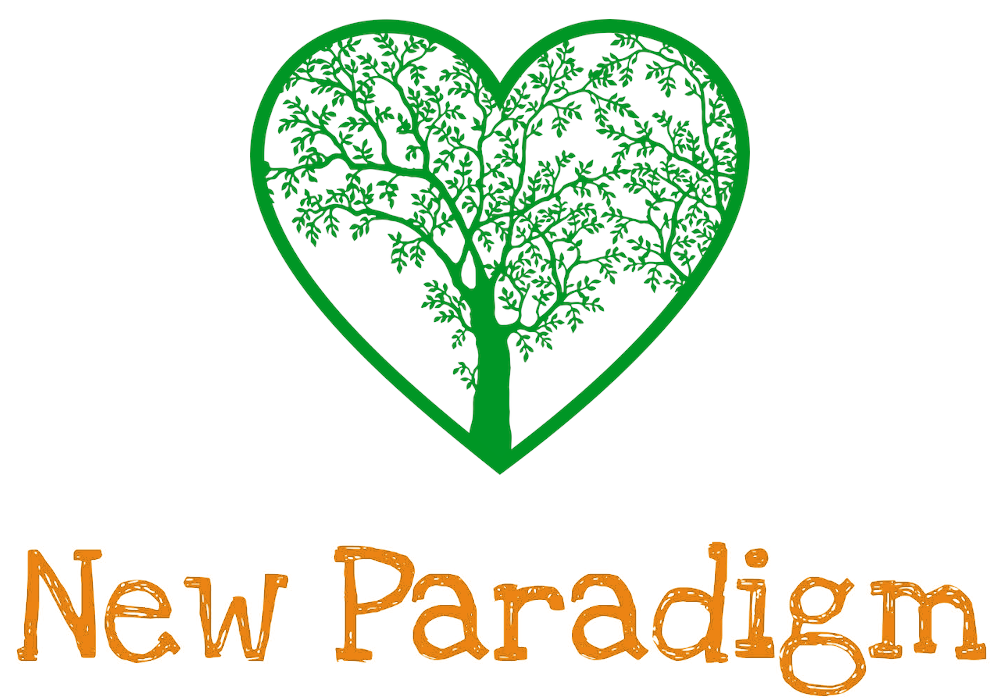
Compassion is usually not the first word that comes to mind when you think of money. Instead, such things as greed, corruption and even evil are more often than not the normal associations. This stands to reason, as the rich usually make their fortune at the cost of countless people who are left to struggle with decreasing wages and ever-rising debts. Fortunately, the days of control-driven economics are coming to an end, and in its place will be an economic model based on equality, morality and most importantly, compassion.
Compassion-Driven Earning
An issue that is gaining more and more exposure is that of income inequality. The fact that men make more money than women, for doing the very same jobs, is something that is beneath contempt. And yet it continues to be a very real part of our culture even in these so-called modern times. Fortunately, the growing discontent to such injustice is spelling the end to this archaic practice, meaning that sooner rather than later, a person will be paid for their job title and not their gender.
Unfortunately, this same income inequality occurs between different ethnic backgrounds as well. The fact that a person of one skin color makes more than someone of a different skin color is a blatant expression of bigotry. In an era when the war against racism is at a fever pitch, such commonly ignored forms of racial injustice are finally being called out. In the end, racial equality must cover every aspect of life, including the ability to make a decent living. Only when a person is paid based on the merits of their efforts can any meaningful measure of self-respect and dignity be restored.
Still, these changes are all part and parcel of the New Paradigm. Equality, fairness and meritocracy are all compassion-driven values, and thus they are on the rise as the shift from the Old to the New continues to unfold. However, the value placed on the individual is only one aspect of how economies will change when it comes to earning an income. Another way is in the value placed on the job itself.
In today’s society, a common yet tragic pattern is how the most vital jobs tend to be the ones that earn the lowest wages. The idea of a rich nurse or a wealthy schoolteacher is hard to wrap your head around, as such people simply don’t exist. Instead, most nurses and schoolteachers struggle to make ends meet, given the meager wages they receive. In contrast, athletes, actors, and other such people make in a year what most people won’t make in their entire lifetime. This is yet another way in which the Old Paradigm gets it wrong.
Fortunately, this broken values system is being replaced by a system of compassion-driven values, a model that places more value on jobs that add quality to life rather than those that offer a distraction from life. The economic model of the New Paradigm will see health workers, teachers, social workers, and all other truly valuable occupations compensated in a way that is rewarding rather than belittling. Furthermore, proper investment will be placed in such things as healthcare, education, and all other services that are vital to a healthy, vibrant life. It’s not that athletes won’t get paid a decent salary anymore, it’s just that their physical therapist won’t have to work a second job just to put food on the table.
Compassion-Driven Spending
Equally as important to how money is made is the dynamic of how money is spent. A society that is truly founded on compassion-driven values will be one where money is spent in such a way as to enrich life rather than to simply satisfy urges. Even now, the hold of materialism is beginning to wane as more and more people are waking up to the fact that money can’t buy real and meaningful happiness.
While some of the downturn in spending can be attributed to a loss of income given the current pandemic conditions, there is in fact another factor at play. More and more people are finding value in donating their money to causes that make a difference. Instead of buying another gadget or tchotchke that will wind up collecting dust, many are beginning to buy trees, wells, bicycles, and other such things that bring health and stability to people living in the poorest regions of the planet. The money is still being spent, just in a very different way.
Thus, this is more than the rise of minimalism or saving cash for better times. This is a shift in values, where compassion is the motivating factor behind spending, not just self-serving desire. Whether it’s giving money directly to a homeless person, or donating to a shelter or charity, more and more people are recognizing that it truly is better to give than to receive. Ironically, it’s when a person starts to give to others that they can begin to appreciate just how much they already have. In this way, the very definition of wealth itself will take on a whole New meaning in the age to come.
